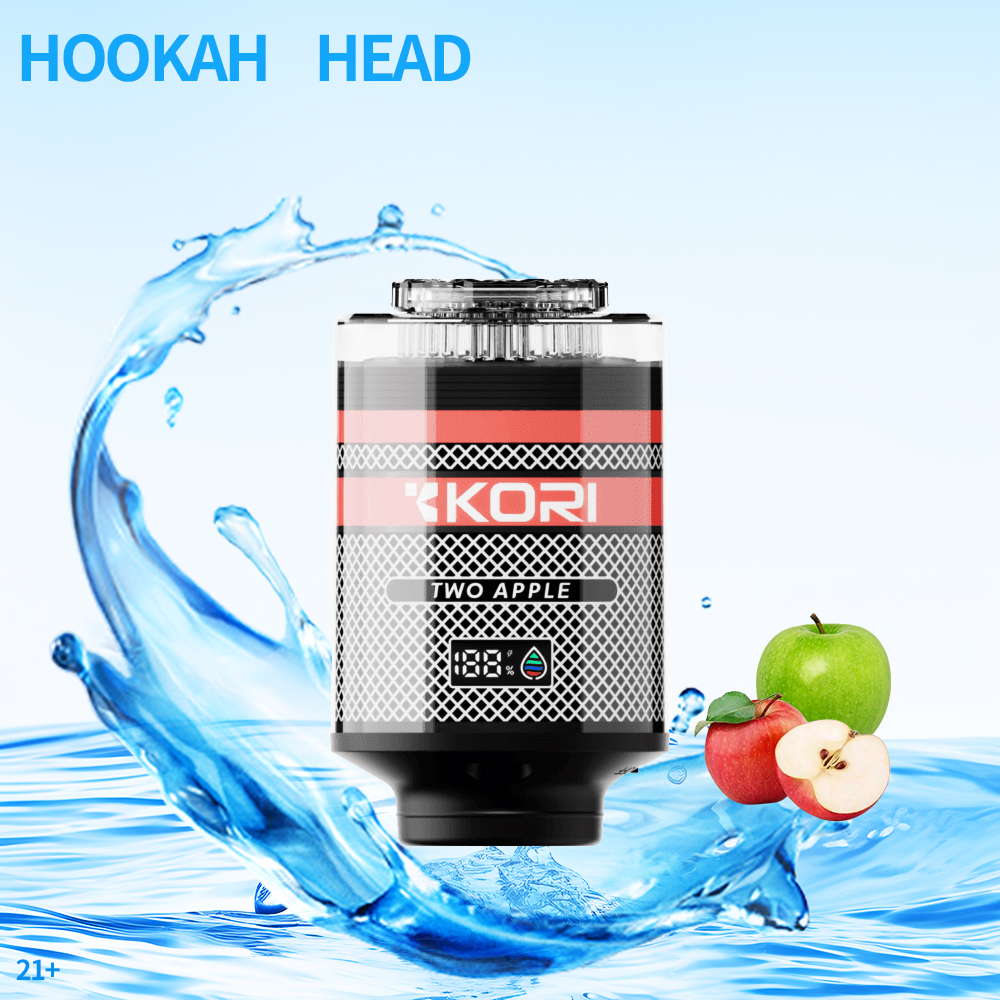Vape Shop Raids: The Rising Wave of Regulatory Scrutiny in the Vaping Industry
In recent years, the vaping industry has exploded into mainstream culture, attracting millions of users seeking an alternative to traditional tobacco smoking. However, alongside its rise in popularity, increased scrutiny and regulatory oversight have emerged, leading to a wave of raids on vape shops across the country. This blog post dives into the reasons behind these raids, the implications for the vaping community, and what the future holds for both consumers and retailers.
Understanding the Landscape of Vape Regulation
The vaping industry operates in a complex web of regulations that vary from state to state, and even from city to city. Many regions have established stringent laws regarding the sale and marketing of vaping products, primarily driven by public health concerns. These regulations aim to curb youth access to vaping products and ensure that what is sold is safe for consumption.
In response to increasing concerns about the health risks associated with vaping, many local governments have intensified their regulatory approach. This has led to a rise in inspections and raids of vape shops, particularly those suspected of selling products that do not comply with established regulations.
The Types of Violations Leading to Raids
There are several key violations that have been cited as the primary reasons for these raids:
- Unauthorized Sales: Some vape shops are found selling products that have not been approved by federal or state regulations. This includes unregulated e-liquids and devices that do not meet safety standards.
- Age Restrictions: The sale of vaping products to minors is a significant concern. Vape shops found to be violating age-restriction laws often face severe penalties, including raids and fines.
- Improper Marketing: Advertising vaping products in a way that appeals to minors or misrepresents the safety of products can lead to legal action against vape retailers.
Case Studies of Recent Raids
To illustrate the issue, let’s look at a few high-profile cases of vape shop raids that have made headlines:
Case Study 1: The Los Angeles Raid
In a coordinated effort, the Los Angeles County Sheriff's Department conducted a massive raid on multiple vape shops accused of selling products to underage customers. Authorities seized more than $500,000 worth of vaping products and issued multiple citations. The raid sent a clear message to the vaping community about the seriousness of underage sales.
Case Study 2: New York's Crackdown
In New York City, a similar crackdown led to the closure of several vape shops. During the raids, officials discovered that a significant number of the shops were selling flavored vaping products, which are often marketed toward youth. This has sparked city-wide discussions about the future of vaping regulations in urban areas.
The Consequences for Vape Shops
The fallout from these raids can be devastating for vape shop owners. Beyond the immediate loss of inventory, these shops face potential license revocations, heavy fines, and in some cases, criminal charges. Many store owners express feelings of violation and uncertainty, as they attempt to comply with fluctuating regulations while trying to maintain a profitable business.
Furthermore, the public perception of vaping is increasingly negative, and raids only serve to reinforce fears about the safety of vaping products. Shop owners may find themselves contending with a decrease in foot traffic as customers become wary of the risks associated with vaping.
Impact on Vapers and the Community
The impact of these raids extends beyond the vape shops themselves. Vapers who rely on these shops for their products may find their access limited, leading to a potential increase in black-market activities. Many users express concern about purchasing unregulated products off the street, heightening the risks associated with vaping.
Additionally, communities may suffer as local businesses are forced to close their doors. Vape shops often create jobs and offer a sense of community for users looking for alternative smoking methods. The loss of these spaces can lead to feelings of isolation among vapers.
The Future of Vaping Regulation
As the vaping industry continues to evolve, so too will the landscape of regulation. Stakeholders are calling for clearer guidelines to protect both consumers and businesses. Lawmakers face the challenge of creating regulations that ensure public safety without stifling the growth of the industry.
Moreover, advocacy groups representing vapers and shop owners are pushing for a more balanced approach to regulation, one that recognizes the needs of adult vapers while also ensuring that minors do not have access to these products.
Moving Forward: What Can Vape Shops Do?
For vape shop owners, navigating the shifting regulatory environment can seem daunting. Here are a few proactive steps that retailers can take:
- Stay Informed: Keeping abreast of local and state regulations is crucial. Retailers should also monitor discussions about potential new laws that could affect their business.
- Implement Strict Age Verification: Establishing comprehensive age verification procedures can help prevent unauthorized sales and protect against future raids.
- Educate Customers: By providing information about the risks associated with vaping and the importance of purchasing regulated products, shop owners can build trust with their customer base.
The vaping landscape is undergoing significant transformation, and as regulations tighten, vape shops must adapt to ensure compliance and maintain their businesses. The intensity of recent raids can serve as both a wake-up call and an opportunity for the vaping industry to work toward a more sustainable and responsible future.





